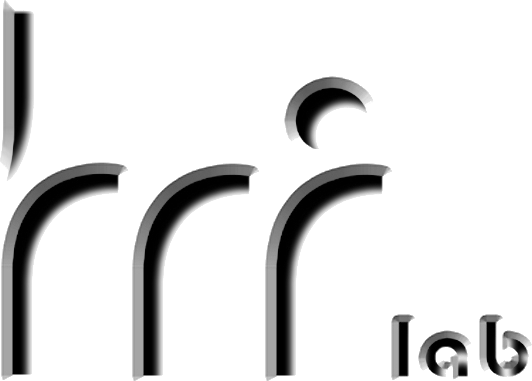Prior approaches to politeness modulation in natural language generation (NLG) often focus on manipulating factors such as the directness of requests that pertain to preserving the autonomy of the addressee (negative face threats), but do not have a systematic way of understanding potential impoliteness from inadvertently critical or blame-oriented communications (positive face threats). In this paper, we discuss on-going work to integrate a computational model of blame to prevent inappropriate threats to positive face.
@inproceedings{briggsscheutz14inlg,
title={Modeling Blame to Avoid Positive Face Threats in Natural Language Generation},
author={Gordon Briggs and Matthias Scheutz},
year={2014},
booktitle={Proceedings of the Eighth International Natural Language Generation Conference},
url={https://hrilab.tufts.edu/publications/briggsscheutz14inlg.pdf}
}
